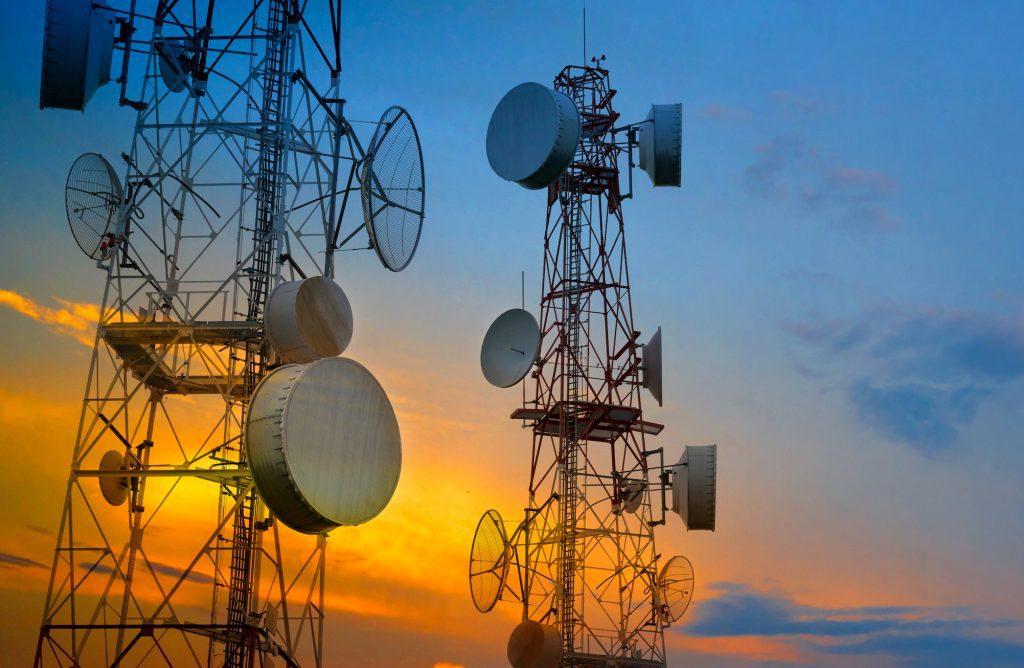As the engine of Africa's largest economy, the telecommunications sector has been the primary catalyst for digital transformation and economic empowerment across the nation. The modern Nigeria Telecom landscape is a dynamic and fiercely competitive environment that has fundamentally altered how Nigerians live, work, and communicate. The sector's continued importance is vividly reflected in robust forecasts projecting its value to climb to USD 17.13 billion by 2034, a significant expansion driven by a compound annual growth rate (CAGR) of 5.20%. From enabling a world-class fintech ecosystem to providing crucial connectivity for millions, the industry has evolved far beyond basic voice services, becoming the indispensable infrastructure upon which Nigeria's digital future is being built, fostering innovation and connecting its vast population to the global digital community.
The journey of Nigeria's telecom sector from a state-controlled monopoly to a liberalized, competitive market in the early 2000s is a remarkable story of growth. This deregulation unleashed a wave of private investment, leading to an unprecedented explosion in mobile phone adoption that connected tens of millions of people for the first time. Initially, the focus was on providing affordable voice and SMS services, which had a profound socio-economic impact. However, as the industry matured and technology evolved, the focus decisively shifted. Today, the battleground for operators is not just voice calls but the provision of high-speed, reliable data services. This transition has been fueled by the increasing affordability of smartphones and a growing appetite for data-intensive applications like video streaming, social media, and online commerce, reshaping the industry's entire value proposition.
The socio-economic impact of this digital revolution cannot be overstated. The telecom sector has been a primary driver of financial inclusion, with mobile money services and payment platforms providing access to financial services for millions of unbanked and underbanked Nigerians. It has democratized access to information, education, and healthcare through a wide array of mobile applications and online resources. Furthermore, the industry is a major source of employment, creating hundreds of thousands of direct and indirect jobs, from network engineers to mobile phone retailers. It also serves as a critical enabler for other burgeoning sectors of the digital economy, providing the foundational connectivity that powers Nigeria's vibrant e-commerce, ride-hailing, and entertainment tech industries, making it a true cornerstone of national development.
Looking ahead, the future of Nigeria's telecom sector is incredibly promising, though not without its challenges. While issues such as infrastructure gaps in rural areas, regulatory complexities, and the high cost of energy remain significant hurdles, the opportunities for growth are immense. The nation's large, youthful, and increasingly tech-savvy population represents a massive and still-growing market. Government initiatives like the National Digital Economy Policy and Strategy are providing a clear roadmap for future development. The ongoing rollout of 5G technology and the expansion of fiber optic networks will unlock new services and capabilities, ensuring that the telecom sector will continue to be a central and powerful force in driving Nigeria's economic growth and social progress for years to come.
Explore Our Latest Trending Reports:

